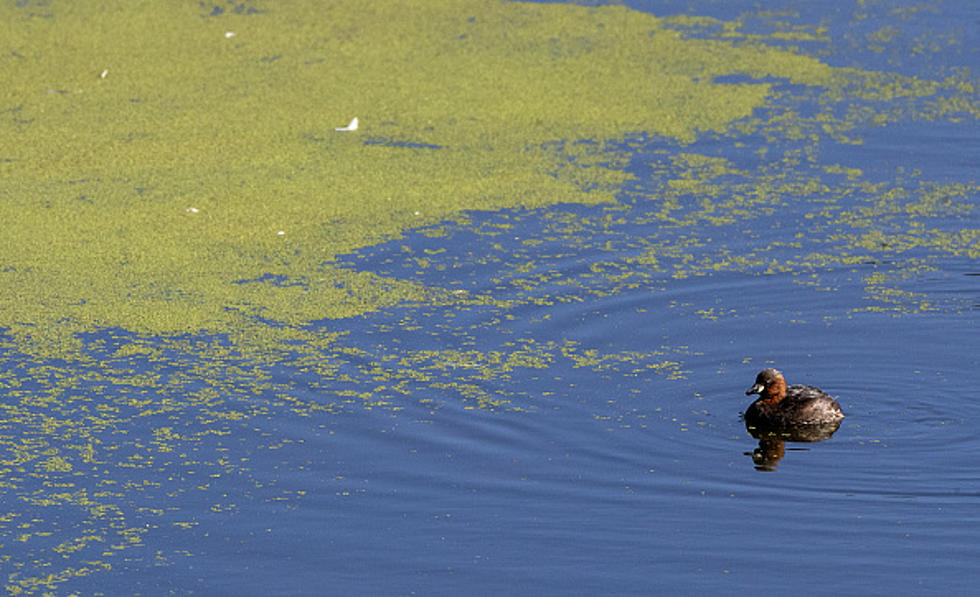
Deadly Algae That Can Kill Your Dog Is Growing In Illinois Lakes
If you recall, back in 2019, The Illinois Environmental Protection Agency (IEPA) and the Illinois Department of Public Health (IDPH) were asking Illinois residents to be more vigilant about where they boat, ski, and swim over the summer due to blue-green algae "blooms" that were occurring in Illinois' lakes and rivers.
Blue-green algae, also known as cyanobacteria, is back at it once again in Illinois' lakes and rivers, and the Illinois Environmental Protection Agency (IEPA) says that the warm temperatures we've been experiencing not only in the Rockford area but statewide, are causing new blooms of this stuff.
Most of the blue-green algae blooms, according to the IEPA, are harmless, but...
"...some can produce toxic chemicals that cause sickness or other health effects in people and pets, depending on the amount and type of exposure. Sensitive individuals, including young children, the elderly, and people with compromised immune systems are most at risk to adverse health effects attributable to algal toxins. Symptoms of exposure to algal toxins include rashes, hives, diarrhea, vomiting, coughing, or wheezing."
Whenever we get blue-green algae blooms in Illinois, local officials are supposed to report it and put up signage warning of its presence in local waterways, but as you might imagine, that doesn't always happen.
If you should find yourself near a body of water that doesn't feature warnings around it, the IEPA says you should look for the following signs of a blue-green algae bloom:
- Has surface scum, mats or films on top.
- Has a blue or green crust at the shoreline.
- Is discolored or has blue-green colored streaks.
- Has greenish globs suspended in the water just below the surface.
Not that any of us are in the habit of letting our dogs run headlong into scummy-looking bodies of water, but sometimes they'll get away from us. If your dog is exposed to (or may have been) blue-green algae, don't let them lick their fur (or any other parts) until you can get them cleaned off with clean, fresh water. Then, contact your veterinarian.
LOOK: Here Are 30 Foods That Are Poisonous to Dogs
More From KHMO-AM 1070, News-Talk-Sports









